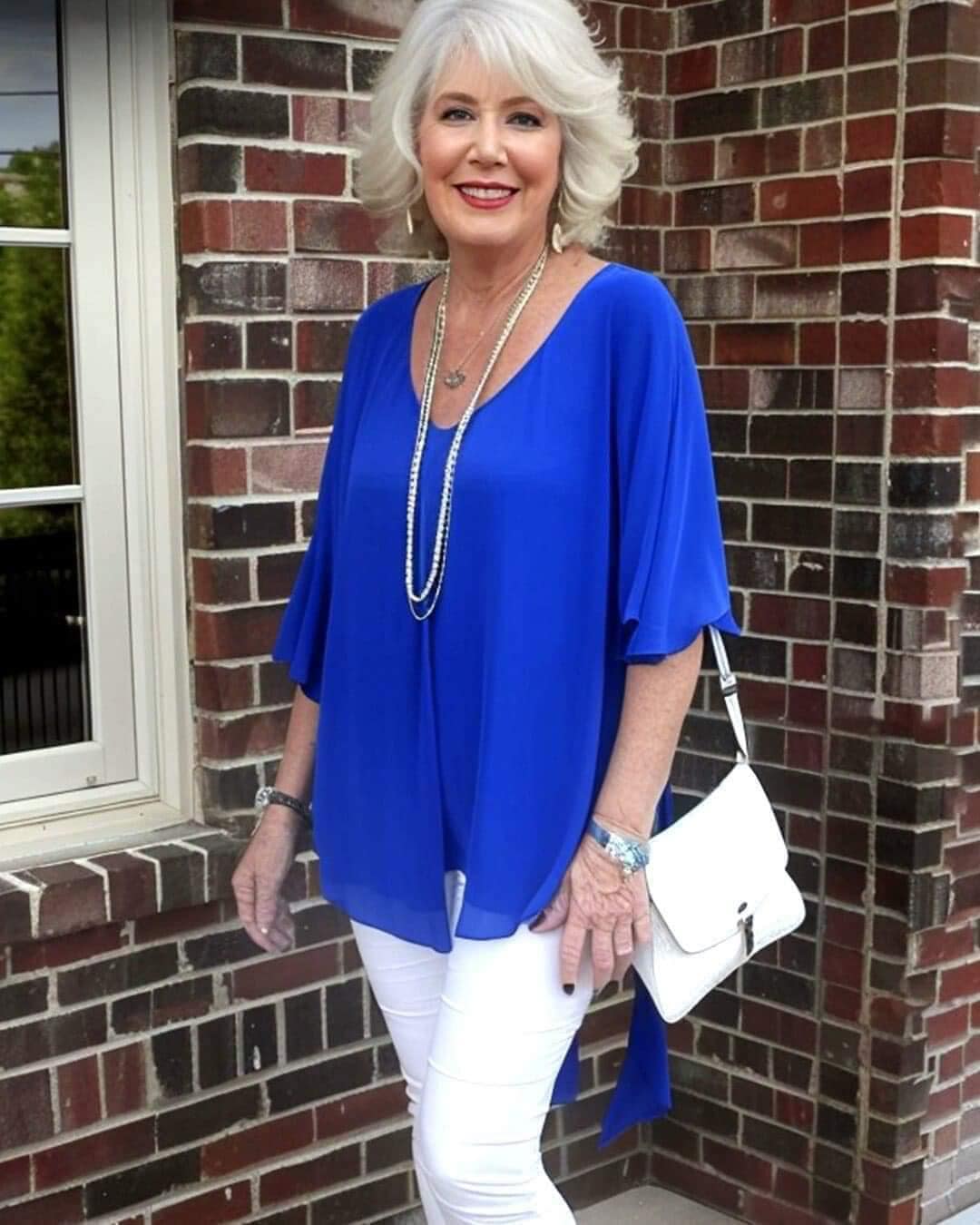I got the call around 3 p.m.—just a standard well-being check. Neighbor hadn’t seen Miss Evelyn in a few days, and she usually sat on her porch by now. I wasn’t expecting anything out of the ordinary. Mostly, these calls end with a polite wave and maybe a reminder to check in with family.
But when I knocked, it took her a good minute to shuffle to the door. First thing I noticed was how thin she looked—like she hadn’t had a decent meal in weeks. Her place smelled faintly of dust and something else… something empty, if that makes sense.
I asked the usual questions—was she okay, did she need help—but she kept brushing it off. Said she was “fine.” Still, something felt off. So I politely asked if she’d had lunch yet. She smiled but didn’t answer, just pointed to the kitchen.
There wasn’t much to point at. A few stale crackers, one can of green beans, some old bread. That was it. No fresh food, no groceries. My stomach kind of dropped right then.
Technically, my job was done. She was alive, no immediate danger. But walking out felt wrong. So instead, I told her I’d be back in twenty minutes.
I ran to the nearest grocery store, grabbed some essentials—eggs, bread, soup, fruit, even a little chicken. The cashier gave me a weird look when I explained it wasn’t for me. Didn’t matter. I drove back, set the bags on her counter, and before she could protest, I asked if she minded me using her stove.
She sat at the kitchen table, quiet, almost like she couldn’t believe it was happening. I started scrambling eggs, slicing up fruit. She finally spoke when I handed her a plate.
But what she said next? That’s the part I still can’t shake.
She looked down at the plate—those freshly scrambled eggs and colorful wedges of melon—and her eyes welled with tears. “Nobody’s cooked for me since my husband passed,” she whispered. She paused, clearing her throat as though she’d revealed too much. “That was three years ago. I got used to doing it on my own.”
Her words stopped me cold. There was something about the way she said it… so casual, yet so filled with longing. I sat down across from her and asked if she had any children or close friends around. She shook her head as if the idea itself was ludicrous. “They’ve all got their own lives,” she said. “You know how it goes.”
We sat in silence for a bit. She picked at her eggs, like she was embarrassed to eat in front of someone. I insisted she enjoy the meal while it was hot, then told her I’d clean up the kitchen. As I moved around her small house, I noticed little signs of a life once well-lived: a dusty wedding photograph perched on a side table, a crocheted blanket folded neatly on the couch, and an old record player resting in a corner. The entire place felt suspended in a moment of time she hadn’t fully emerged from.
When she finished eating, I washed the dishes and asked if she needed anything else before I left. She thanked me so quietly I almost didn’t catch it. I handed her my contact card—the one we keep for community outreach—and explained she could call the station any time. She just smiled, not really saying yes or no.



